Last week I received an avalanche of reactions to what I wrote about my team and team mates in Shooting Stars International Football Club in 1976, when, as a key member of that team, we became the first club in Nigeria to win a continental Club championship – the Africa Cup-Winners Cup.
Writing that piece gave me also the pleasure of reliving a truly momentous period in my life.
Even my brother, Femi Adesina, a Senior Special Adviser to the President of Nigeria, sent me an SMS reminding me that he was right there with us in the team, and on a daily basis, as a young boy in 1976, when Shooting Stars FC camped in their country home that doubled as a guest house in Ipetumodu, close to Ile Ife.
I remember him very well because since he was all around me for a while asking me questions, or just hanging around in apparent awe. We have maintained a great relationship since then and still stay in touch with one another.
One person also wrote to me and told me (rather happily but shockingly) that, contrary to what I wrote about Rasaki Fadare, the goalkeeper had not joined Shooting Stars at the time from Water Corporation, and that he is alive and well, and is still living in Ibadan, Thank God!
I sincerely apologise to Rasaki and to the public for the misinformation. I am consoled by the belief amongst the Yoruba that when a person is rumoured not to be alive, they, indeed, go on to live to a ripe old age. I pray that Rasaki lives to a ripe old one hundred, and even more, and in good health and prosperity.
Otherwise, the story of Shooting Stars elicits nostalgic feelings about another club, whose success and rivalry drove Nigeria’s football development during that period that has now brought the country’s football to global attention.
Without Shooting Stars and the contest with Rangers, with both teams metamorphosing into their tribal movements, football may have had to wait a little bit longer before attaining the present status, standard and followership that it has. In the summer of last year, over 300 Nigerians, mostly of Igbo descent, many of them ex-Rangers International Players spanning several generations since the formation of the club in 1970, assembled in Houston, Texas, for an event funded mainly by a Rangers International Patron, Benson Ejindu, to celebrate the 40thanniversary of the victory of the great club in 1977, exactly one year after Shooting Stars had set the pace in the same continental championship.
I was probably the only ‘outsider’ that was invited to the event. I was actually invited as the Guest Speaker, to come, tell and re-live my experiences during that period playing against Rangers International, particularly in those two epic semi-final encounters in Lagos and Kaduna in 1977 that almost caused the start of a tribal war in Nigeria. Such was the depth of the rivalry between the two international football movements (for that’s what they really were – movements of the Igbo and Yoruba tribal groups all over the world). It defined Nigerian football in those years.
Between the two clubs in two years they provided 15 of the 22 players in the national squad of Nigeria – 8 from Rangers and 7 from Shooting Stars. Shooting Stars thwarted the initial plan of Rangers to come out of the debris of the Civil war in 1970 to regain their place in the minds of Nigerians as the dominant tribe in the country before the start of the war in 1967. Knowing Nigerians’ passion and love for football and how it can be deployed to do what diplomacy and even an internecine war could not do, very insightful leaders of Igboland created an all-conquering football team, named it after a weapon of mass destruction – the English translation of a deadly cannon locally fabricated and used effectively during the war and unleashed it on the country’s psyche. Of course, the organisers knew that I know a great deal about the story of one of the greatest and most powerful clubs in the history of Nigerian football. They also knew that I know the side of the club from an active player’s point of view, having had to face the ferocity, the determination, and the all-fighting mentality of the ‘wounded’ soldiers of the Biafran war.
I am selecting some words carefully. Several of the players fought as soldiers during the war and carried the mental scars from that experience to the football field. To play against Rangers then was like playing against armoured tanks on the field. They came at teams you in wave after wave of attacks launched from the rear by ‘Tallest’Emmanuel Okala to rampaging forwards Dominic ‘Alhaji’Nwobodo, Ogidi Ibiabuchi, Emeka Onyedika, and company. Many an African team will never forget their encounters with rangers of Enugu. Play them once and carry the mental scars of that match forever. Yet it was not all speed and raw brutal power. There was a lot of finesse and style.
The entire team revolved around a very hardworking, powerful, mobile and skilful midfield anchored around the duo of a silky Stanley Okoronkwo and a towering ‘Dan Vadis’ Nwabueze Nwankwo. The rear of the team had Godwin Achebe (national and club captain) before Chukwu stepped in and paired with Dominic Ezeani, with Harrison Mecha on the left side in a defence formation constructed in heaven.
In 1970, Shooting Stars were lucky to have halted Rangers in the finals of that year’s Challenge Cup. They were still recovering from the aches of the war. For the next 4 years, no team, not even Shooting Stars could touch Rangers in any competitive match. Such was the dominance of the team. Two very painful times in the 1970s they left Shooting Stars in tears – in the finals of the 1975 FA Cup, and in the semi-finals of the Africa Cup -Winner’s Cup in 1977. Both times they won (even though narrowly). We did the playing; they did the winning.
At the celebrations in Houston, I told the stories and shared my personal experiences. I also related the long bond of friendships between the players of the two rival clubs, many of which subsist till this day. Asked who the closest persons to me were during the entirety of my playing career, I didn’t need to think about the names of Chairman Christian Chukwu and Emmanuel Okala. We remain the best of friends till this day. The story of Rangers International Football Club is a case-study of how a people can recover rapidly and deeply from the pains and shame of war and be reintegrated. To some of us, it is also a case study of developing everlasting friendships across the divides of tribe, language and religion.
In that era, there is a long list of players many of whom I cannot remember as I rush to finish this piece:
Nnamdi Anyafo, Emmanuel Osigwe, Mathias Obianika, Johnny Egbuonu, David Adiele, Emmanuel Merenini, Alloysius Atuegbu, Christian Madu, Adokie Amiesimaka, Luke Okpala, Dr. Totti, Sylvanus Okpala, Francis Nwosu, Kenneth Ilodigwe, Kenneth Abana, and a whole army of others some of whom I met in the United States that night. Many have also gone to join our Creator. May they rest peacefully. As I write this, I am recalling them all, great ex-international players of Rangers with whom I shared the sacred stage of football in the 1970s, before Bendel Insurance FC came to shatter the monotony we shared and ‘enjoyed’ for almost a decade. In recent years, after decades in hiatus, Rangers International are slowly but steadily bouncing back. They won the Nigerian Premiership again recently after some 32 years or so in the doldrums. A few weeks ago, they won the FA Cup. It is a most welcome development. The same thing cannot be said of other great clubs that cropped up in the footsteps of Rangers and Shooting Stars: Bendel Insurance of Benin, Rovers of Calabar, Sharks of Port Harcourt, Stationary Stores of Lagos (came before the two rivals but never reached their level of success), El Kanemi Warriors of Maiduguri, BCC Lions of Gboko, Bauchi Wunti. These were also clubs that were more than mere clubs in Nigeria.
Most of them have lost their way in the recent wilderness of Nigerian football and are floundering in limbo.
Rangers International has broken the shackles, so I say, ‘Congratulations, great Antelopes’!
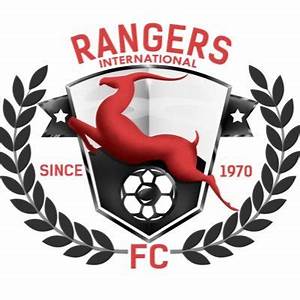

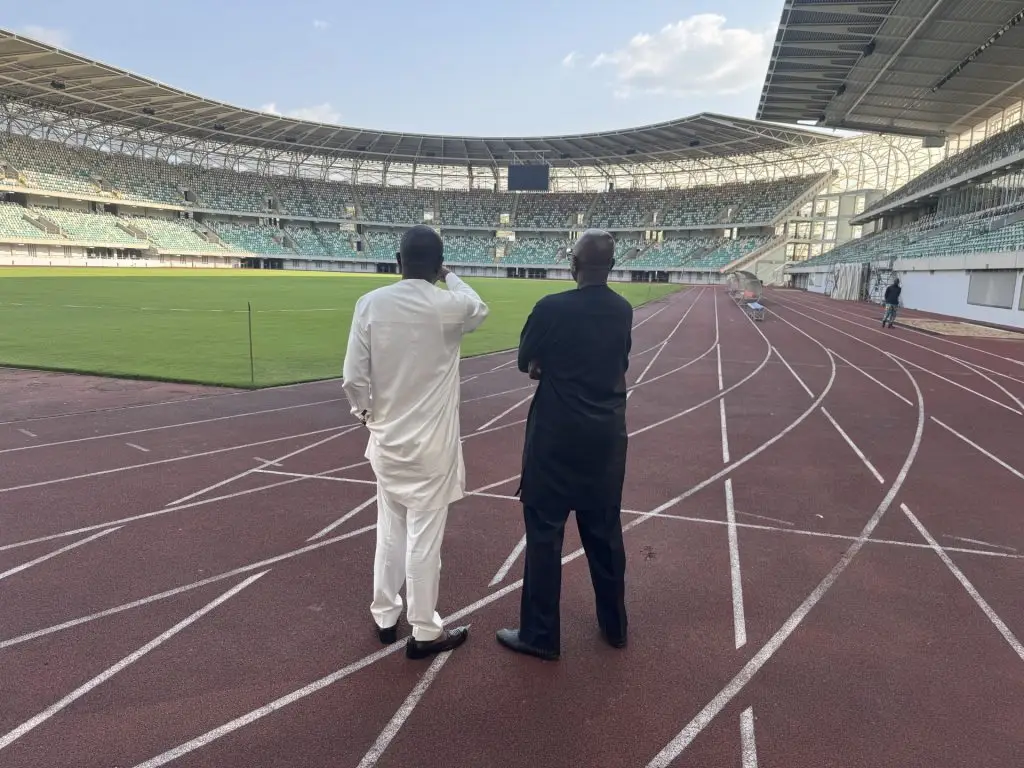
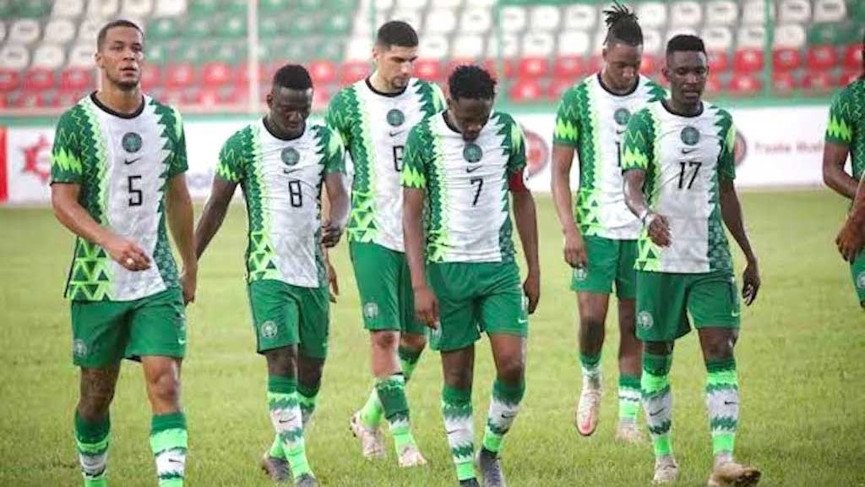
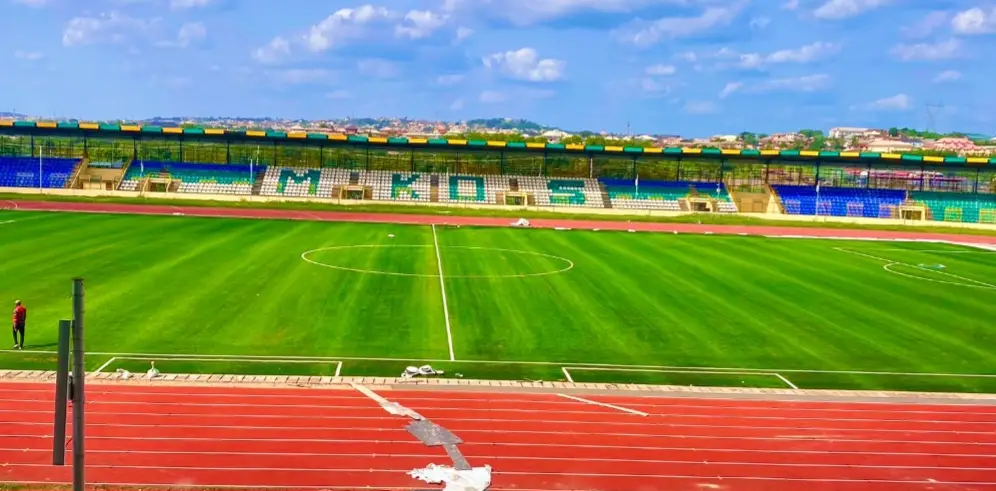
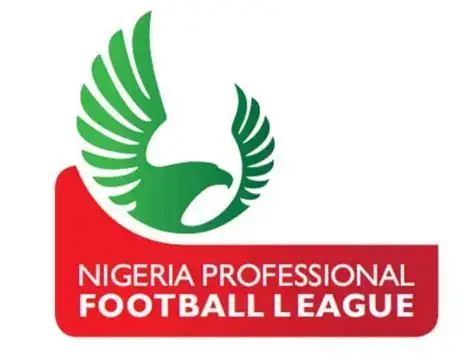



Latest Comments